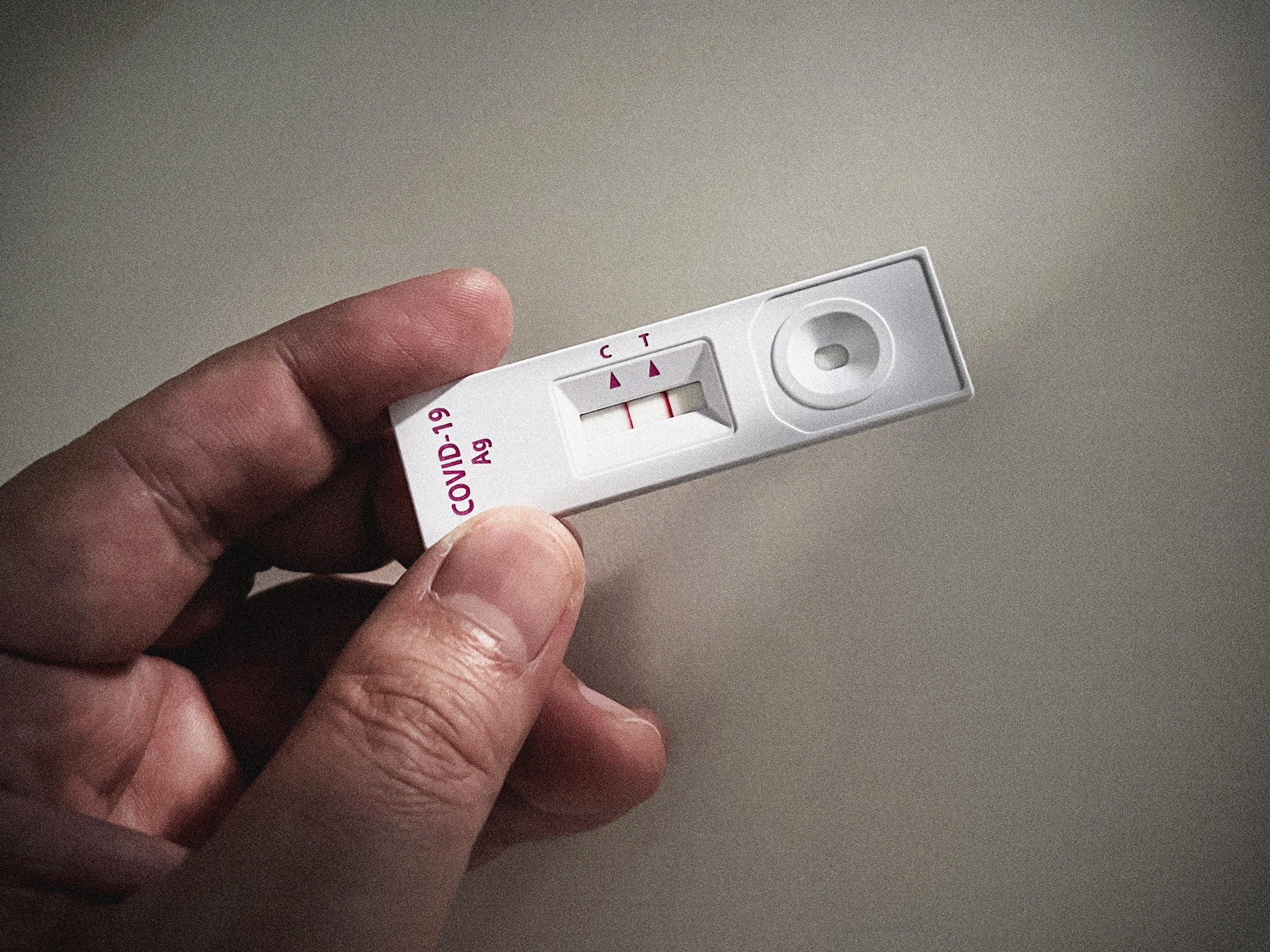The EPA wants to reduce emissions controls on power plants.
The EPA wants to reduce emissions controls on power plants
The Environmental Protection Agency (EPA) is considering relaxing emissions controls on power plants in a move that has sparked controversy among environmental advocates and industry stakeholders.
The proposed changes would roll back regulations put in place to limit harmful pollutants such as sulfur dioxide, nitrogen oxides, and mercury that are released into the air by power plants.
Supporters of the EPA’s plan argue that the current regulations are too burdensome for power plant operators and hinder economic growth. They claim that the proposed changes would allow for more flexibility and innovation in reducing emissions.
However, critics of the plan warn that weakening emissions controls could have serious consequences for public health and the environment. They point to the detrimental effects of air pollution on respiratory health, cardiovascular disease, and climate change.
Environmental groups have vowed to fight against the rollback of emissions controls, arguing that the EPA has a responsibility to protect the health and well-being of the American people, as well as the planet.
It remains to be seen how the EPA’s proposal will play out, as it is likely to face legal challenges and public opposition. The debate over emissions controls on power plants highlights the ongoing tension between economic interests and environmental concerns.
As the EPA moves forward with its plan, it will be crucial for policymakers and stakeholders to carefully consider the potential impacts on air quality, public health, and the long-term sustainability of our planet.
Ultimately, the decision to relax emissions controls on power plants will have far-reaching implications for the health of both current and future generations, as well as the overall health of our environment.




